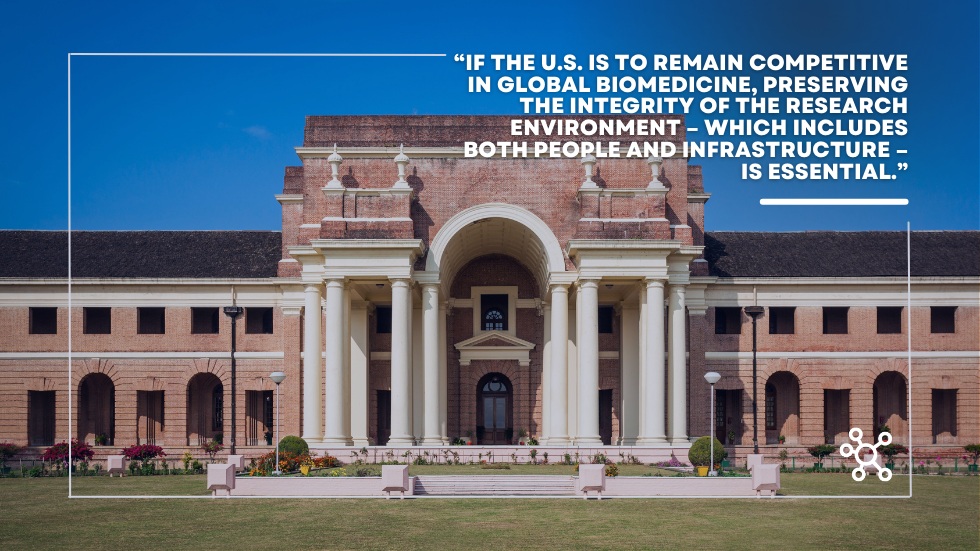Author: Gabrielle Bauer
Pre-interview screening helps you hire the right people faster
The hiring process is a pyramid: you start out with a platform of candidates, and stack it up with smaller and smaller platforms until you get to the golden egg at the summit. Effective screening can make the stacking process more efficient and productive.
The why
Screening is a way to weed out unsuitable candidates early on. It ensures the employer doesn’t waste time on lengthy interviews with candidates who lack a deal-breaking requirement for a position. You can screen for criminal record, cultural fit, skills, and leadership qualities, among other parameters.
A well-thought-out screening strategy takes some of the routine aspects of hiring out of your hands, so you don’t need to waste time on basic questions during the all-important face-to-face interviews. Most importantly, a good screening process lowers the odds that you’ll hire an underperformer or chronic job-hopper—a scenario that could cost your organization both in dollars and reputation.
Why screen? The numbers tell the story
A 2015 survey by Aberdeen Strategy Research found that pre-screening candidates has significant benefits:
- Hiring managers who pre-screen candidates report 36% more satisfaction with their final decision than those who don’t.
- Screening lowers the employee turnover rate by 39%.
- Organizations that screen candidates are 24% more likely to have employees who exceed performance goals.
- Pre-hire screening cuts down on the time and cost of hiring.
The how
Today, the search for new talent often begins with background screens, like police checks or drug tests, to minimize the risk of hiring someone who will act in bad faith or endanger others. Such background screening adds a layer of complexity to the hiring process, but an increasing number of employers consider it an essential step.
“The worker represents the employer’s brand; therefore, background screening—particularly when access to people or sensitive material is involved—is a critical risk mitigation tool.”
Melissa Sorenson, executive director
National Association of Professional Background Screeners
To screen candidates for skills and fit—the core of the screening process—you have several methods to choose from. Tried-and-true strategies include resume reviews, skills tests, personality tests, one-on-one phone interviews, or group panel interviews conducted virtually or in person.2 In today’s world, 92% of employers also rely on social media screens, as a person’s online presence can leave important clues about character.
Depending on your priorities, you can mix and match these channels in different ways. For instance, you can administer a skills test to ensure an assay developer can identify the organic chemicals she’ll be working with, followed by a panel interview to help size up personality traits such as detail orientation and adaptability. Phone interviews, meanwhile, could help you screen candidates for cultural fit.
The who
In today’s ultra-competitive hiring market, with hundreds of applicants vying for life sciences jobs, the screening process may seem overwhelming. Indeed, unless your organization has a dedicated screening team within the HR department, you may not have the time or expertise to screen candidates without help.
That’s where a recruiting agency comes in. A reputable agency with expertise in the life sciences knows what works and what doesn’t. They’ll adapt the screening process to the position, using one set of tools to screen lab directors and another to screen lab technicians.
Experienced recruiters also use technology to get the most out of screening. Items in their toolkit may include:
- Advanced artificial intelligence (AI) software to predict candidate outcomes
- AI-powered chatbots to extract basic information from candidates
- Mobile apps to communicate with candidates about next steps.
- Cloud computing to back up valuable data
If you don’t have such capacities in-house, Sci.bio can help. Our specialized experience and comprehensive screening toolkit take the guesswork out of the screening process. Contact us today to learn more.
References
- The pros and cons of pre-employment screenings.
- Why is hiring taking longer? New insights from Glassdoor Data.
- The ultimate guide to conducting effective screening interviews.
- 7 candidate screening methods for better hiring.





